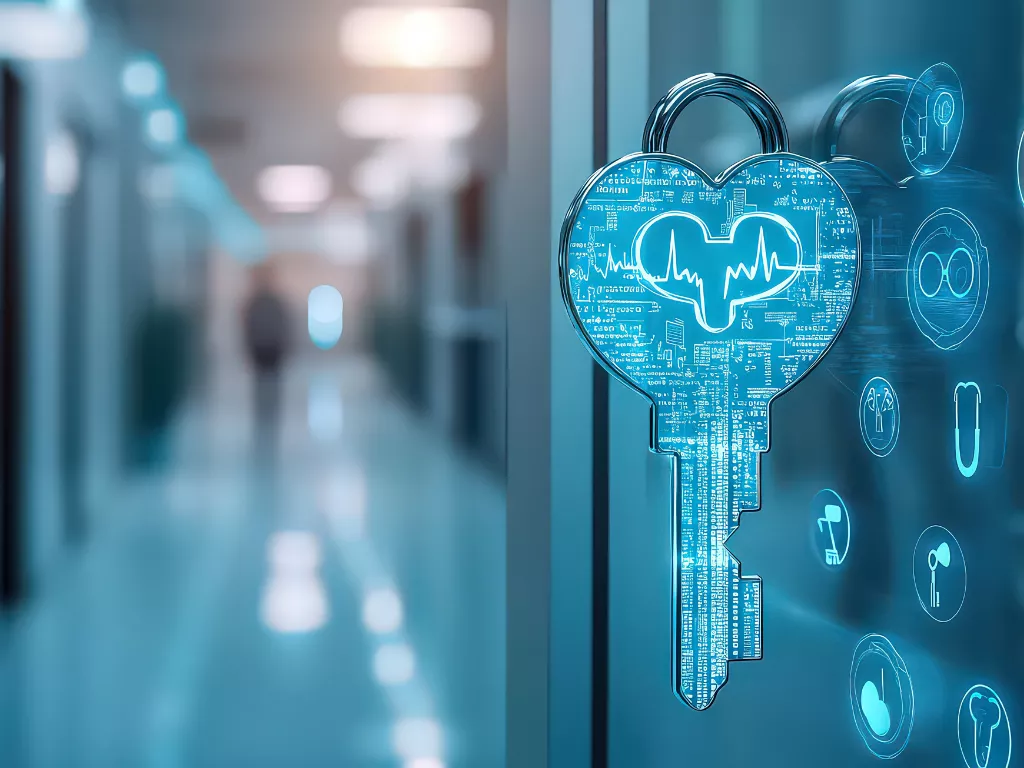Healthcare data privacy: Key measures to protect patient information.
16 September 2024
In this blog, we will dive into the importance of data security and privacy in healthcare, explore the challenges that organizations face in securing data, and key practices to ensure the protection of patient information.

